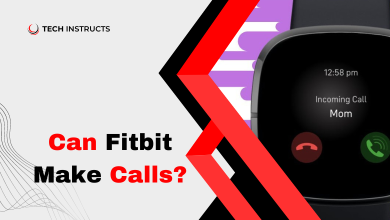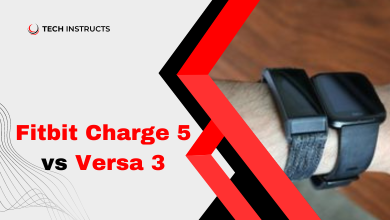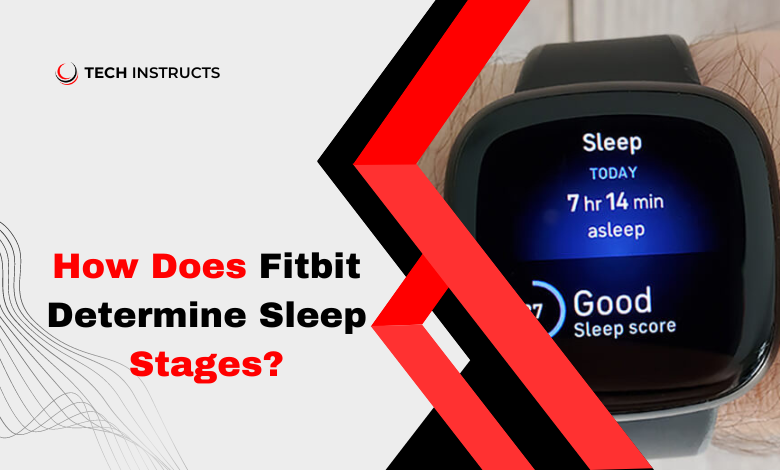
In today’s fast-paced world, getting quality sleep is essential for maintaining optimal health and well-being. Fitbit, a pioneer in wearable technology, offers users insights into their sleep patterns, including detailed information on sleep stages. But how does Fitbit manage to discern between light, deep, and REM sleep with such accuracy? Let’s dive deep into the mechanisms and technology that enable Fitbit to provide this valuable data.
Understanding Sleep Stages
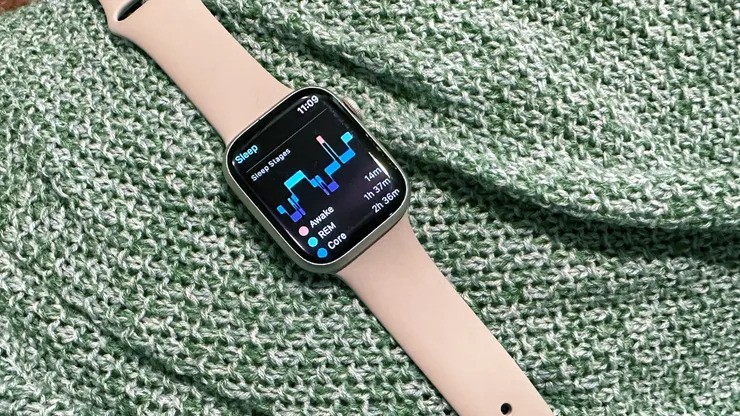
Sleep is a complex process characterized by distinct stages, each with unique brain activity patterns and physiological changes. These stages include:
The Science Behind Sleep
Sleep architecture refers to the cyclic pattern of sleep stages that occur throughout the night. Understanding these stages is crucial for assessing sleep quality and identifying potential sleep disorders.
Circadian Rhythms and Sleep Cycles
Fitbit utilizes advanced algorithms to analyze movement patterns, heart rate variability, and other physiological signals to determine sleep stages accurately. By leveraging the body’s circadian rhythms and sleep cycles, Fitbit can provide users with comprehensive insights into their sleep quality.
How Fitbit Tracks Sleep Stages
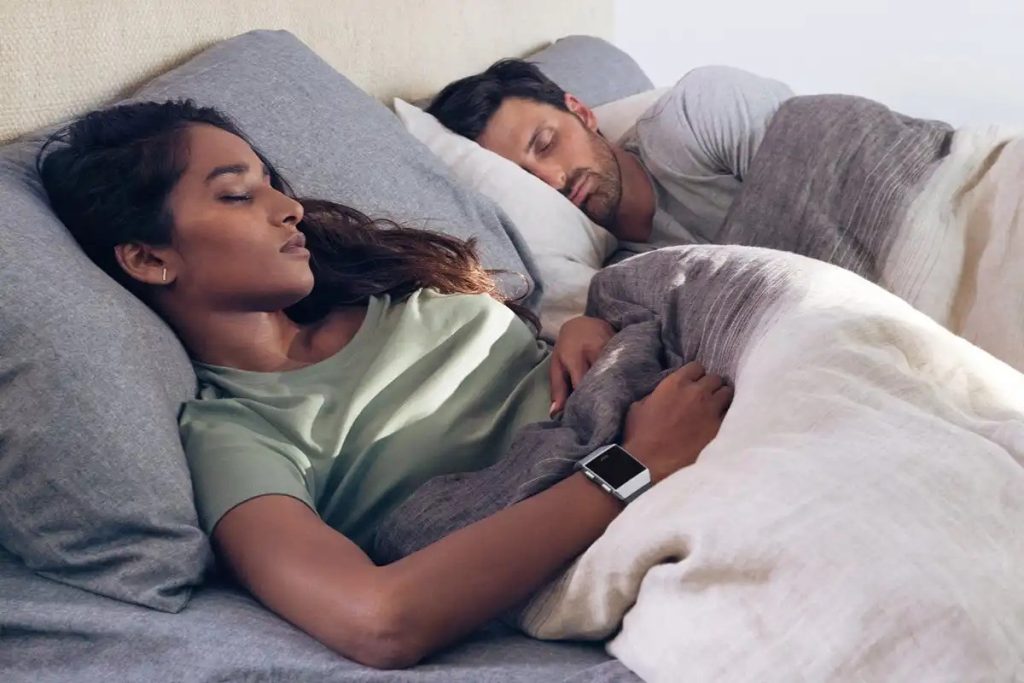
Fitbit devices incorporate a combination of sensors, including accelerometers and heart rate monitors, to track sleep stages with precision. These sensors detect subtle changes in movement and heart rate variability associated with different sleep stages.
RECOMMENDED POST: Smart Watch Repair: Essential Tips and Tricks for Fixing Your Device
Accelerometers: Detecting Movement
Fitbit’s accelerometers measure movement and changes in body position during sleep. By analyzing these movements, Fitbit can determine when a user falls asleep, wakes up, and transitions between sleep stages.
Heart Rate Monitoring: Monitoring Physiological Changes
Heart rate variability (HRV) plays a crucial role in determining sleep stages. Fitbit’s optical heart rate monitors track changes in heart rate and HRV throughout the night, providing valuable insights into sleep quality and duration.
Exploring Fitbit’s Sleep Tracking Accuracy
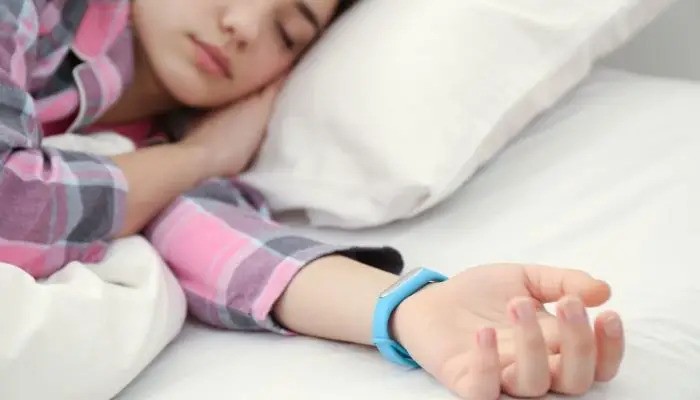
One of the key questions surrounding Fitbit’s sleep tracking capabilities is its accuracy. Users often wonder how reliable the data provided by Fitbit devices truly is.
Validation Studies and Scientific Research
Fitbit has conducted numerous validation studies and collaborated with sleep researchers to validate the accuracy of its sleep tracking algorithms. These studies have consistently demonstrated the reliability of Fitbit’s sleep stage tracking compared to polysomnography, the gold standard in sleep monitoring.
Real-World User Experiences
In addition to scientific validation, real-world user experiences further confirm the accuracy of Fitbit’s sleep tracking. Countless users have reported correlations between their subjective sleep experiences and the data recorded by their Fitbit devices.
Optimizing Sleep with Fitbit Insights
Beyond simply tracking sleep stages, Fitbit provides users with actionable insights and personalized recommendations to improve sleep quality and overall well-being.
Sleep Score and Trends
Fitbit’s Sleep Score feature evaluates sleep quality based on various factors, including duration, consistency, and sleep stages. Users can track their Sleep Score trends over time and identify patterns to optimize their sleep habits.
Sleep Guidance and Recommendations
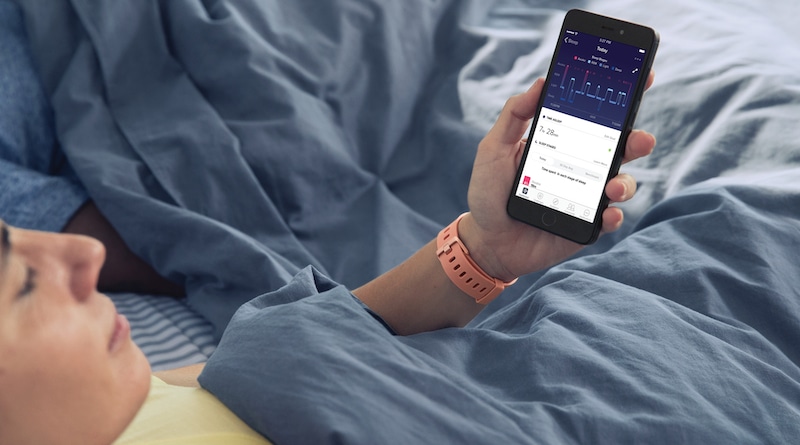
Based on sleep data analysis, Fitbit offers personalized sleep guidance and recommendations to help users establish healthier sleep habits. These recommendations may include adjusting bedtime routines, improving sleep environment conditions, and managing stress levels.
SUGGESTED POST: Mastering Amazfit Band 7 Accuracy
Conclusion
In conclusion, Fitbit’s advanced sleep-tracking technology offers users valuable insights into their sleep patterns and quality. By leveraging a combination of sensors, algorithms, and scientific research, Fitbit provides accurate and actionable information to help users improve their sleep habits and overall well-being. Whether you’re looking to optimize your sleep or gain a deeper understanding of your sleep patterns, Fitbit is a valuable tool for achieving better sleep health.
FAQs How Does Fitbit Determine Sleep Stages?
How does Fitbit track REM sleep?
Fitbit utilizes heart rate variability (HRV) and movement patterns to detect REM sleep, which is characterized by rapid eye movements and increased brain activity.
Can Fitbit accurately distinguish between light and deep sleep?
Yes, Fitbit’s advanced algorithms analyze movement patterns and heart rate variability to differentiate between light, deep, and REM sleep stages.
Does Fitbit’s sleep tracking work for all types of sleepers?
Fitbit’s sleep-tracking technology is designed to accommodate various sleeping positions and habits, providing accurate insights for most users.
Can Fitbit detect sleep disturbances or disorders?
While Fitbit can provide insights into sleep patterns, it is not a medical device and cannot diagnose sleep disorders. Users experiencing sleep disturbances should consult a healthcare professional for proper evaluation and diagnosis.
Is Fitbit’s sleep tracking suitable for children or infants?
Fitbit devices are designed for use by individuals aged 13 and older and may not be suitable for monitoring sleep in children or infants.
How can I improve the accuracy of Fitbit’s sleep tracking?
To optimize the accuracy of Fitbit’s sleep tracking, ensure your device fits securely and comfortably, and follow recommended wear and care instructions.



